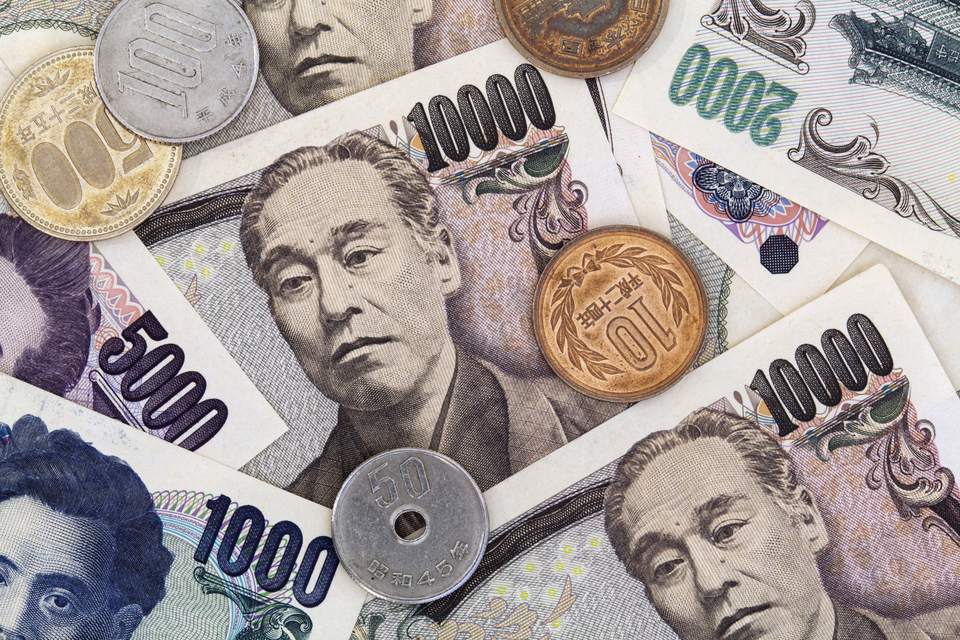Win a Free Trip to Japan!
Experience cherry blossoms and ancient temples
Understanding the average salary in Japan is essential for anyone interested in the country’s economic landscape, whether you are planning to relocate, seeking employment, or conducting market research. Japan’s economy boasts a unique blend of traditional industries and cutting-edge technology sectors, resulting in diverse salary levels across various fields. Several factors, such as industry type, education, and regional location, significantly influence earnings. This comprehensive guide will delve into these aspects, helping you gain a clear perspective on the average salary in Japan and what you can expect based on multiple criteria.
Factors Influencing Salary Levels in Japan
Understanding the factors that influence the average salary in Japan is crucial for job seekers, employers, and anyone interested in the Japanese job market. Several key elements contribute to salary variations across different sectors and roles.
1. Industry:
Salaries can vary significantly based on the industry. For instance:
- Technology and Finance: Typically offer higher wages.
- Retail and Hospitality: Tend to have lower average salaries.
2. Experience:
Experience level is another major determinant:
- Entry-level positions: Often have lower starting salaries.
- Senior roles: Generally offer higher compensation due to expertise and years of service.
3. Education Level:
Higher educational attainment often leads to better-paying jobs:
- University graduates: Frequently earn more than high school graduates.
- Advanced degrees: Individuals with master’s or doctoral degrees tend to occupy high-paying positions.
4. Company Size:
Larger companies usually pay more than smaller firms:
- Large corporations: Provide higher wages and additional benefits.
- Small businesses: May offer lower pay but could provide unique growth opportunities.
5. Location:
Regional variations also play a significant role:
- Urban areas like Tokyo and Osaka: Feature higher salaries due to the higher cost of living.
- Rural areas: Typically see lower average wages.
6. Gender:
Gender can impact salary levels, with men often earning more than women, reflecting broader societal issues and workplace policies.
By considering these factors, one gains a more comprehensive understanding of what influences the average salary in Japan and why there might be significant differences among various groups and regions.
Average Salary by Age Group in Japan
Analyzing the average salary in Japan by age group reveals significant insights into career progression and financial growth. The Japanese salary landscape shows different earnings potential as individuals advance in their careers.
Here’s a breakdown of average salaries by age group:
- 20-24 years old: This age group, typically comprising recent graduates, earns an average annual salary of about ¥2.5 million to ¥3 million. Most are entry-level employees, and their earnings are relatively modest.
- 25-29 years old: When employees gain some experience, salaries increase to around ¥3.5 million to ¥4 million per year. Professional growth begins to reflect in their earnings.
- 30-34 years old: Earnings further rise to an average of ¥4.5 million to ¥5 million annually. By this age, many have climbed to mid-level positions.
- 35-39 years old: Salaries average between ¥5 million and ¥6 million per year, with a noticeable jump as professionals take on more significant responsibilities.
- 40-49 years old: This group enjoys a peak average salary range of ¥6 million to ¥7.5 million. Many individuals hold senior positions during this career stage.
- 50-59 years old: Earnings tend to plateau around ¥7 million to ¥8 million. However, some might experience a slight decline as they approach retirement.
- 60+ years old: Average salaries can drop to about ¥4 million to ¥5 million annually due to part-time or less demanding roles after retirement.
These numbers highlight the influence of experience and age on the average salary in Japan. Typically, a person’s earnings will rise steadily until their 50s before potentially declining as they near retirement. This progression emphasizes the economic benefits of career longevity and experience in the Japanese job market.
Influence of Education on Earnings
Education plays a significant role in determining the average salary in Japan. Individuals with higher educational qualifications tend to earn more compared to those with lower levels of education. Here are some key points highlighting this influence:
- Higher Education Equals Higher Pay: Generally, employees with a bachelor’s degree or higher earn substantially more than those with only a high school diploma. For example, individuals with a bachelor’s degree may earn an average salary that is approximately 20-30% higher than their counterparts without such qualifications.
- Postgraduate Degrees: Holding a master’s or doctoral degree further increases earning potential. Such individuals often secure specialized roles in sectors like engineering, finance, and healthcare, where the demand for advanced skills justifies higher compensation.
- Vocational Education: In Japan, vocational school graduates can also achieve competitive salaries, especially in technical fields such as IT and skilled trades. These programs offer targeted training that aligns closely with industry needs, resulting in effective job placement and attractive starting salaries.
- Comparison Table:
Education Level Average Salary in Japan (JPY) High School Diploma 3,500,000 Bachelor’s Degree 4,200,000 Master’s Degree 5,000,000 Doctoral Degree 6,000,000 Vocational School Graduate 3,800,000 - Field of Study: The field of study also impacts earnings. Degrees in fields such as engineering, data science, and healthcare typically command higher average salaries compared to humanities or arts degrees.
In summary, the level of education significantly influences the average salary in Japan. Higher educational qualifications often translate into higher earnings, demonstrating the value placed on education in the Japanese job market.
